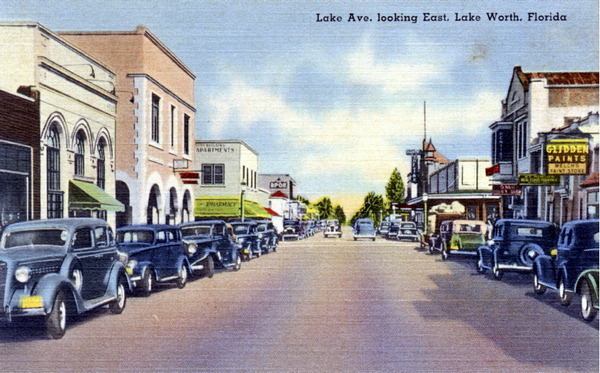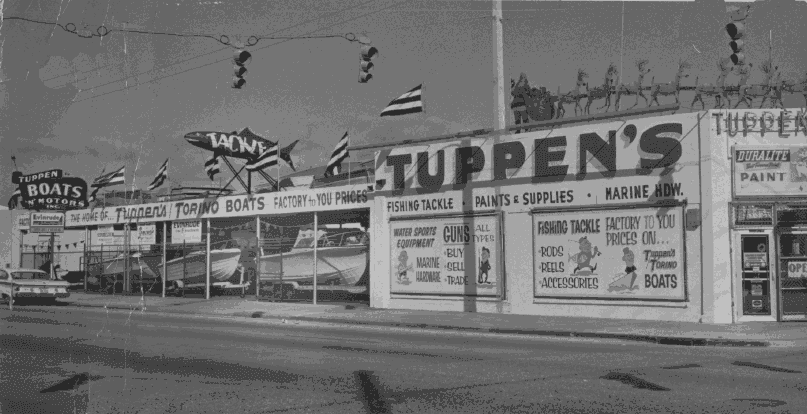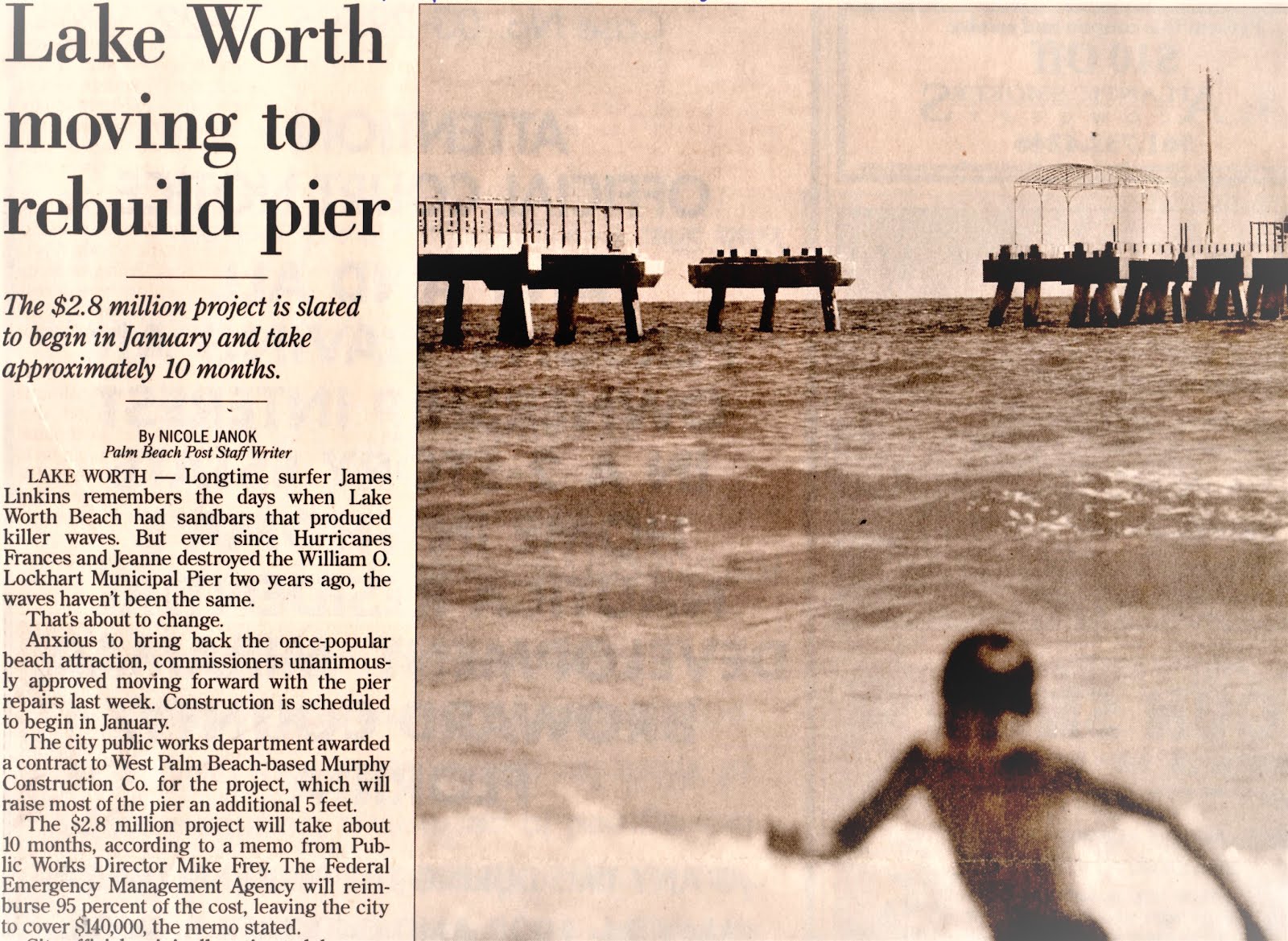Have you ever heard of Donald Shoup? Learn more about him below. Briefly, whilst everyone else was researching cars in motion Shoup was researching what cars do over 95% of the time instead: parked.
Journalist Emily Badger is now a writer for The New York Times. Two years ago however she was a writer for Wonkblog, a blog part of The Washington Post organization.
It was in June 2016 that Emily Badger posted this item on Wonkblog one could say created quite the stir here in the City of Lake Worth after excerpts were posted on this blog. After just suggesting this City should put parking meters on Lake and Lucerne avenues all hell proceeded to break loose. And that is put mildly. The arguments were never about the merits of charging to park in the Downtown. The arguments were that anyone would even suggest such an absurd idea in the first place.
Just like having a municipal pool at the Beach was important because we always had a pool at the Beach, free parking on our two main east-west pairs should always be free too went the logic. It’s just the way it is people said.
Most everyone now acknowledges there is a very high public cost and very low public benefit having an Olympic-sized lap swimming pool at the Lake Worth Beach. One of the disincentives for the public going to the pool at the Beach was the cost to park. For too many families the cost was just too high and there are other public pools in the area that don’t charge to park.
Having a public pool somewhere else in this City just makes more sense. Then what about parking meters in Downtown Lake Worth?
Donald Shoup is quoted in Badger’s post and you can learn more about him using this link and there is a video below as well. Here are two excerpts from the article:
Free parking makes it cheaper to own a car. But, as UCLA economist Donald Shoup has long argued, it makes everything else more expensive. Parking at the supermarket is embedded in the cost of groceries. Parking attached to an apartment building is built into the price of rent.
And because cities typically require developers to build a minimum amount of parking — say, one spot per bedroom in each housing unit, or two per thousand square feet of commercial space — you may pay for the cost of parking even if you never drive a car.
and. . .
“People who are too poor to own a car,” Shoup writes in the University of California’s ACCESS Magazine, “pay more for their groceries to ensure that richer people can park free when they drive to the store.”
To put this in perspective: The cost of constructing above-ground parking in a major American city runs about $24,000 per space, in Shoup’s research (this doesn’t include the cost of buying the land underneath).
Donald Shoup is the author of “The High Cost of Free Parking”:
Enjoy the video:





